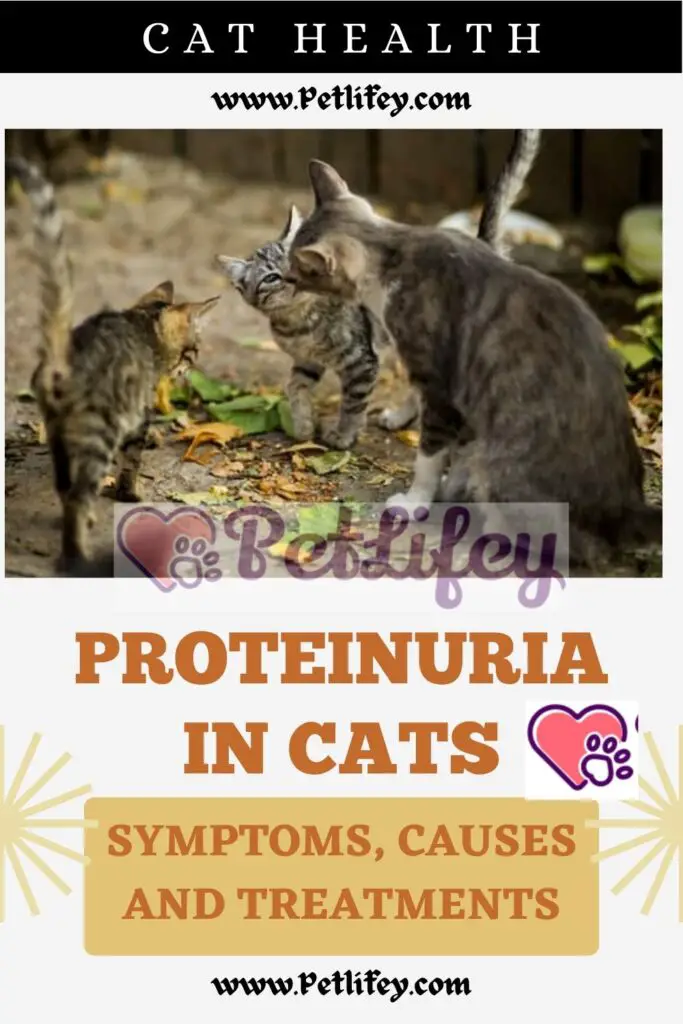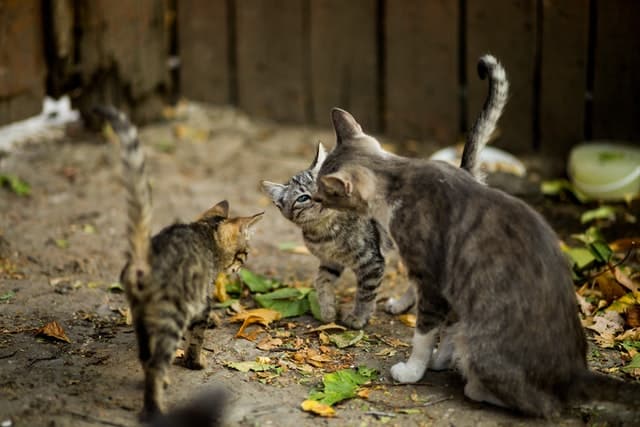
Proteinuria in cats consists of an increase in the proteins present in the cat’s urine. Let’s see what are the symptoms, causes and especially the treatment of this condition.
Usually the term proteinuria refers to the presence of proteins in the urine of the feline. A small amount of protein does no harm to the cat, while an excessive presence can even lead to the death of the cat, if not diagnosed in time.
Proteinuria is closely linked to the functioning of the kidneys, organs useful for the production of urine, the “waste” of the body. Let’s see below what can be the causes, symptoms and treatment of proteinuria in cats.
Proteinuria in cats: causes and symptoms

The proteins that are present in urine come from all over the body, even from the parts belonging to the reproductive system that are connected to the urinary tract such as the uterus, vagina and prostate. Excess protein in your cat’s urine has many risk factors, including:
- Lipemia
- Inflammation of the kidneys
- Blood in the cat’s urine
- Chronic infection
- Hypertension
Excessive exercise by the feline could also cause an increase in protein in the animal’s pee.
Symptoms
There are no real symptoms of proteinuria in cats other than elevated levels of protein in the urine. Although at some moments there may also be blood in the cat’s pee.
Diagnosis and treatment
The most important test done by the vet to diagnose an increase in protein in the cat’s pee is a test strip that dips into the cat’s urine and serves to examine its contents.
If the specialist suspects glomerular disease in the cat, ie the kidneys are not processing the “waste”, they may recommend a kidney biopsy.
In case your vet thinks the excess protein in the cat’s pee is a sign of something more serious, they might use x-rays or ultrasounds to determine the cause.
Proteinuria is usually treated on an outpatient basis, in the event that glomerular disease is detected , a change in diet is recommended. It consists of a reduction in protein and sodium and an increase in Omega-3 fatty acids. In case there is inflammation or infection of the cat’s kidneys, the vet may prescribe antibiotics.
It is important to monitor the cat’s condition for any serious complications such as edema, high blood pressure, blood clots, and progressive kidney disease.






